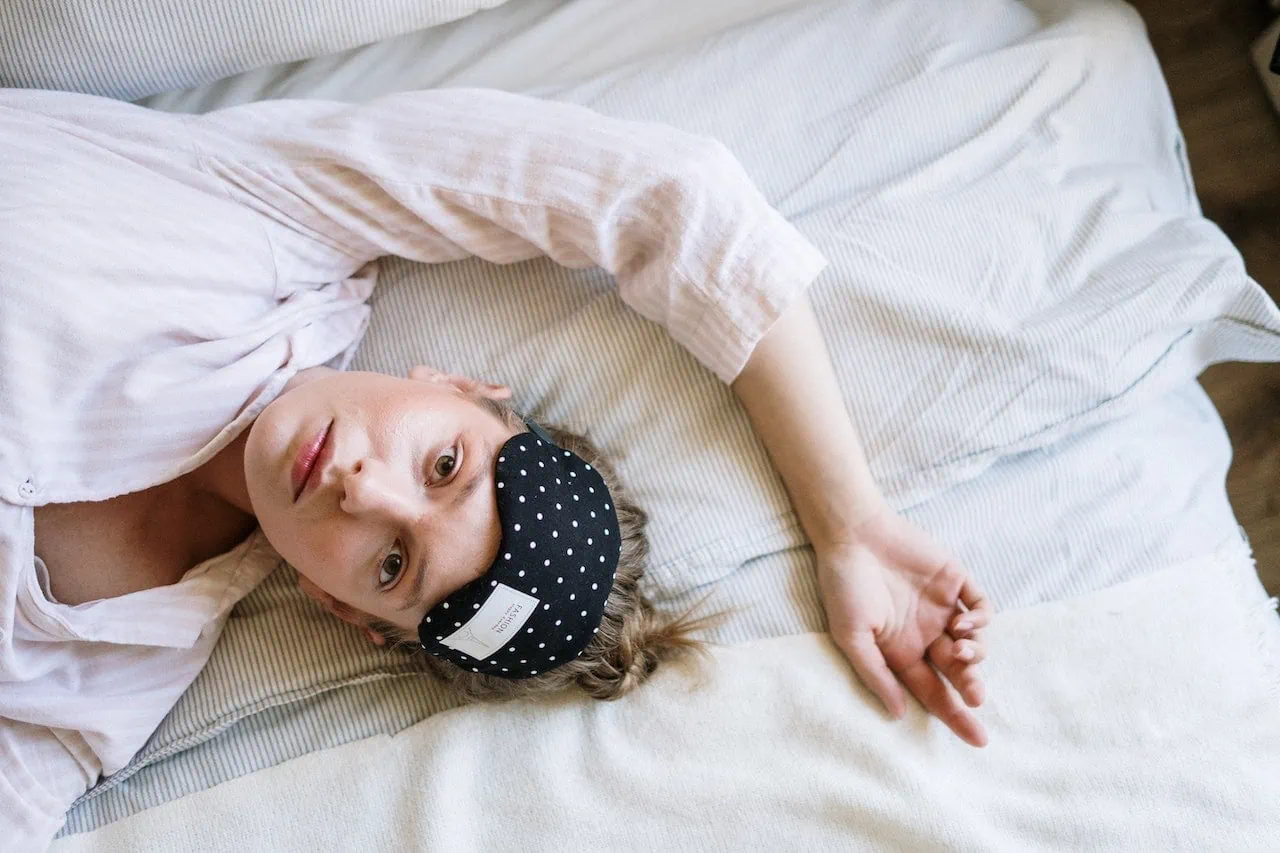
Benzos For Sleep Are A Bad Idea In Recovery
Sleep is vital to our well-being, allowing our bodies and minds to recharge and rejuvenate. But sometimes, just the act of getting to sleep is challenging. In early recovery, your body and mind will undergo many changes as you detoxify and clear. For individuals in recovery from addiction, achieving restful sleep can be a significant challenge. While benzodiazepines (benzos) may appear as a quick fix for sleep troubles, their use poses unique risks and can hinder recovery. Yet doctors and psychiatrists still decide to prescribe them to many patients, mainly out of ignorance of their addictive properties.
The Temptation of Benzos
Sleep disturbances often emerge as an unwelcome companion in the first year of addiction recovery. Insomnia, anxiety, and restlessness can make the pursuit of restful slumber elusive. Understandably, the allure of benzodiazepines, commonly prescribed for sleep, can be strong. Benzos, such as Xanax or Valium, create a calming effect by enhancing the action of a neurotransmitter called gamma-aminobutyric acid (GABA) in the brain. This sedating quality can provide temporary relief but comes at a high cost. For many people, benzos are highly addictive and difficult to quit once misused.
Benzodiazepine Addiction and Misuse
Benzos have a high potential for abuse and addiction – just as high as opioids. Like opioids, these medications can trigger the brain's reward system, leading to dependence. People who take them (even as prescribed) will experience withdrawal symptoms upon discontinuation.
Doctors must know that the risk of replacing one addiction with another is too high for addictive drugs like Xanax.
Benzos are not only highly addictive but can also alter the brain's neurochemistry over time. Prolonged use of these medications can lead to tolerance, meaning higher doses are needed to achieve the same sedating effect. The brain adapts to benzos by reducing its production of GABA, the neurotransmitter responsible for calming and relaxation.
Individuals prescribed benzos may find themselves caught in a cycle of escalating doses, impairing their ability to function. Benzodiazepines can cause brain damage over time. Just like any other drug that is addictive, people who misuse benzodiazepines often end up buying them online or on the street. Buying pills via elicit sources is a recipe for overdose; nearly 60% of drugs confiscated by the DEA were tainted by fentanyl, which can quickly kill non-opioid users on contact.
A Self-Compassionate Approach to Sleep in Recovery
While the path to restful sleep in recovery may seem daunting, alternatives to benzos prioritize your well-being and support long-term recovery goals. Adopting a multifaceted approach that addresses the underlying causes of sleep disturbances rather than relying on a quick fix is crucial. Incorporating healthy sleep hygiene practices can play a significant role in improving sleep quality without compromising recovery progress. You're in a place now where you can make better decisions. Here are some ideas for enhancing the quality of your sleep without resorting to anxiety medication:
- Establishing a Consistent Routine: Create a regular sleep schedule with consistent bedtimes and wake-up times. This can help regulate the body's internal clock. By adhering to a routine, your body can learn when to prepare for sleep, making it easier to fall asleep and wake up naturally.
- Creating a Sleep-Friendly Environment: Crafting a tranquil sleep environment can promote relaxation and signal the brain that it is time to rest. Dimming lights, reducing noise, and keeping the bedroom cool and comfortable can provide a more peaceful sleep experience.
- Write Down Your Thoughts Before Bed: Create a nightly ritual of writing down your thoughts before bed. This can help you stop staying up with racing thoughts. Turn them over to a higher power when you put them on paper, then close the notebook for the night.
- Embracing Relaxation Techniques: Incorporating relaxation techniques such as meditation, deep breathing exercises, or gentle stretching before bed can help ease the mind and prepare the body for sleep. These practices promote calm and tranquility, making transitioning into a restful slumber easier.
- Seeking Professional Guidance: Individuals in recovery must collaborate with healthcare professionals specializing in addiction and sleep disorders. These experts can offer tailored guidance, explore potential underlying issues, and suggest appropriate treatments or therapies that support both.
These are just a few ideas for helping you get your sleep. There are many options besides Benzos! A healthcare professional can prescribe sleeping pills if all efforts fail. However, many people also succeed with herbal teas (look for "night" on the label) or Melatonin supplements. Speak to your doctor about your options.
Consider Sober Living
A sober living home can help you stay on course in recovery and learn to live life on its terms. Learn more about what our communities offer by giving us a call.
Categories
Drug and Alcohol Counseling Medication


